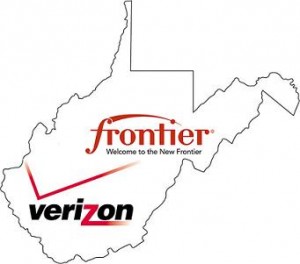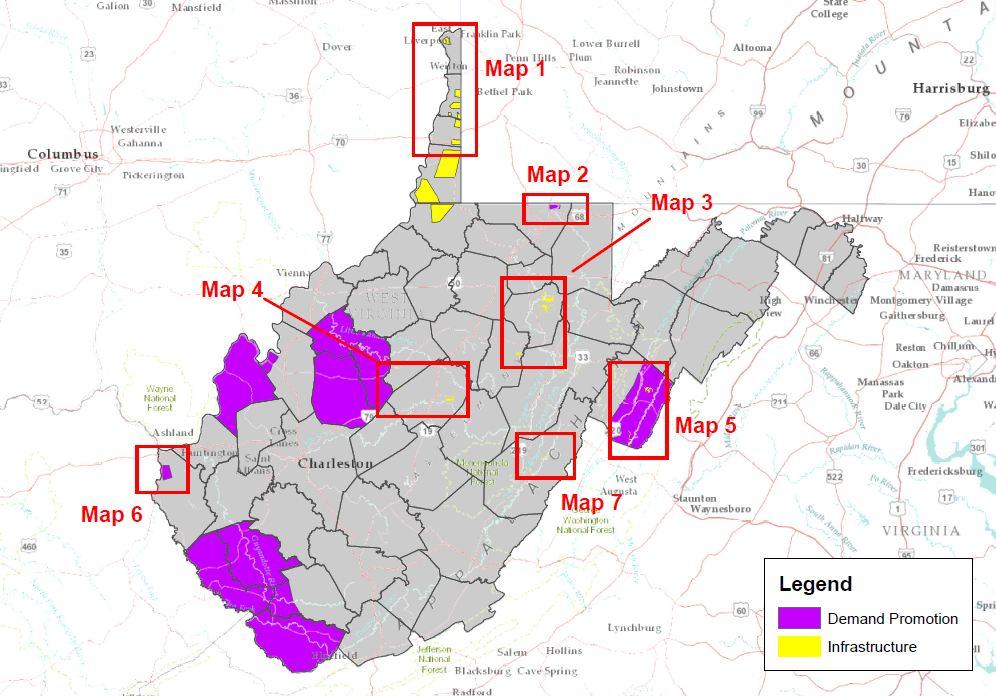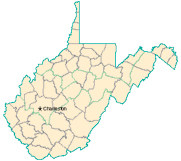
Still keeping their fingers on the pulse of West Virginia’s broadband.
The state of West Virginia has a money problem.
In 2009, the state applied for and won a $126 million federal Broadband Technologies Opportunity Program (BTOP) grant to expand broadband service in a state plagued with some of the worst Internet access around. That grant will expire Jan. 31, without all of the money spent and equipment in place.
Whatever money is left unspent will be returned to the federal treasury and lost for good. That represents the absolute worst-case nightmare scenario for government officials loathe to leave money on the table. As a result, the state continues to hurry depleting the remaining grant funds before the clock runs out, even if it results in controversial spending decisions.
Last week, the chairman of the West Virginia Broadband Deployment Council openly admitted the state does not have a unified, coherent broadband deployment plan and has been running the broadband expansion effort on an ad hoc basis. That’s a big mistake in the eyes of Dan O’Hanlon, a retired Cabell County circuit judge who leads the Council.
It should not be this difficult. Ask virtually any consumer in rural West Virginia about what needs to be done and the answer is always the same: expand access in unserved areas and raise speeds for those who already have the service.
Unfortunately, $126 million of consumers’ tax dollars will be spent without really doing either.
The Obama Administration’s efforts to expand rural broadband came with lofty rhetoric, but far too often failed to directly address the problem. Consumers and small businesses want Internet access, and the local phone company simply won’t deliver it. Forget about cable broadband — most rural areas without Internet access are not served by any cable operator.

Phillip “Verizon and Frontier have built West Virginia’s taxpayer-funded broadband network in their own image” Dampier
That leaves the federal government in the position of trying to fund rural Internet connections in ways that don’t appear as blatant corporate welfare — paying off phone companies to provide service where they have simply refused for revenue and cost reasons. Competitors are also outraged at the precedent of directly subsidizing certain players but not others, and a lot of taxpayers might question why their tax dollars are going to the phone company.
As a result, the government has discovered a politically palatable alternative: throwing money at non-controversial “institutional” networks built to serve local governments, hospitals, public safety agencies, libraries, and schools. They also have political cover funding obscure “middle mile” networks that interconnect telecommunications company offices, but don’t directly serve any homes or businesses.
Since most people don’t understand the differences between these types of networks and the services they actually provide, broadband expansion projects offer politicians headache-free ribbon cutting ceremonies, applause, and positive publicity from local media reports that mistake institutional and middle mile networks with broadband finally coming to rural towns and villages. Long after the cartoon-sized ribbon-cutting scissors are put away, rural residents still find themselves stuck with dial-up or satellite fraudband.
Last week, the Joint Committee on Technology overseeing the BTOP grant learned the state lacks a plan to get the most broadband bang for the buck, despite hiring some big dollar Verizon subcontractor-consultants that are supposed to be experts at this kind of thing.
As Stop the Cap! reported in May, the state decided to spend $24 million of taxpayer money to buy 1,064 overpowered Cisco routers built (and priced) for big city university use. Imagine the surprise of rural schools and libraries when routers valued at $22,000 each arrived to serve a handful of concurrent users that would have been just as well-served with equipment you can find at Best Buy. Those routers were coincidentally supplied by a familiar vendor: Verizon Network Integration.
Two years later, more than 300 of those routers were in storage, unused. As of this week, 175 are still there.

This $22,000 router, paid for at taxpayer expense…
Two rural librarians in May told Stop the Cap! they were in a quandary over the equipment installed in their tiny libraries because they had no idea how to switch them on, much less maintain them over the long term. Even worse, both told us, they cannot begin to afford the ongoing monthly service fees that are required to participate in the new broadband network.
“We are getting a Hummer network on a Kia operating budget,” one librarian told Stop the Cap! last spring. “The network sounds great, but in our case we have to find the money to pay the bill to run it every month, and that money is hard to find in a library with five outdated public terminals.”
Seven months later and not a lot has changed.
“We have complained to our local leaders this has created more problems for us than it solved,” that same librarian, who could not use his name because of local politics, told Stop the Cap! “If you have worked in government or community service as long as I have, you cringe whenever you have one of these grants because you have to follow the federal government’s rules and you end up spending the money where it least needs to be spent.”

…will provide service for this rural library’s four public terminals. (Image: West Virginia Gazette)
Committee members echoed that sentiment, observing facilities are ending up with equipment they don’t know how to use or cannot afford because monthly service charges for upgraded broadband from Frontier Communications, the state’s largest phone company, are unaffordable.
One proposed solution to cut further taxpayer expense would be to sell the excess network capacity, deemed significant in many communities, to third party Internet Service Providers to directly resell to individual homes and businesses. After all, taxpayers are footing the bill for the $126 million grant that largely paid for the network and independent ISPs would help solve the problem of extending broadband to the unserved.
No deal. Frontier claims it is selling the project broadband access far below normal commercial rates, offering high capacity speeds at an unspecified “entry-level” price. Allowing third party companies to resell that service would put independent ISPs in direct competition with Frontier.
Unfortunately, well-intentioned members the West Virginia Broadband Deployment Council, the Joint Committee on Technology, and other government officials are in over their heads and increasingly appear captive to the design, recommendations, and implementation of a network plan heavily influenced by high-paid Verizon consultants and implemented on a broadband network owned and operated by Frontier Communications.
That left Gale Given, the state’s chief technology officer claiming critics of earlier spending decisions were engaged in “second guessing.” With the expensive routers mostly already in place, Given offered it was better for schools and other institutions to have more capacity than they need now so they won’t be hamstrung if they ever want to expand.
“Only one problem: Ms. Given assumes we can afford to turn the key on the network they are building us now,” said one librarian this week. “Only we can’t. Worrying about what we can do tomorrow is pointless when we can’t even afford to do it today.”


 Subscribe
Subscribe









